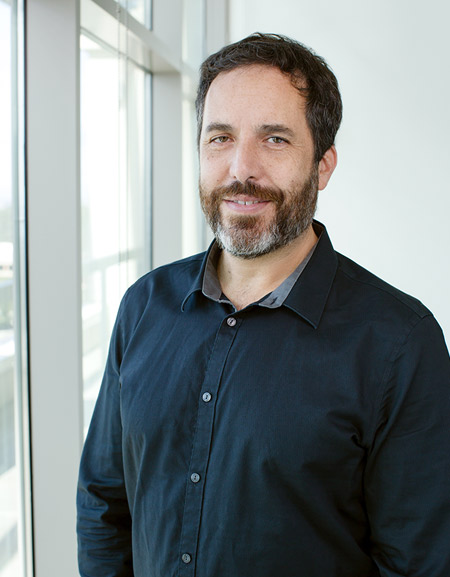Scientists


Assistant Project Scientist, UC San Diego
Where were you born and raised?
I was born in Boston and raised in San Diego. I also spent a lot of time abroad. My parents were archeologists, and we traveled often.
What is the one piece of advice you would give your younger self?
I would advise my younger self to be more patient; however, my younger self would probably not have listened. That is probably just as well.
Describe the moment when you knew you had to go into science?
The moment I knew I needed to become involved with science, to do my own research, unfolded slowly. I had been working with children, teaching them music. Over time, I became interested in the connection between perception of time, the ability to coordinate with others and other cognitive characteristics and even disabilities. I began reading scientific literature on the subject and was fascinated by the interesting work that had been done and intrigued by the work that was left to be done. The more I read, the more I felt compelled to enter the field myself.
Describe an aha moment you’ve had in the lab?
Since my work is centered on teaching, the classroom is my laboratory. There was one moment when I was working with a group of kids playing music. One little girl was keeping the beat for everyone else. Suddenly, without warning, she lost the beat. This was not surprising. What was odd, however, was that she kept playing, unaware the entire group had lurched into chaos. It dawned on me that time perception is a coordinated effort: we experience and process time together, continuously giving and taking cues. Also, musical environments are excellent places to study this process.
What is one significant advance TDLC research has brought to the science of learning?
Our group has found a connection between the ability to focus and maintain attention and the ability to synchronize with a group. This understanding may lead to new ways to improve attention in learning environments.
What do you hope to accomplish in the next seven years?
A number of disorders, including ADHD, ASD, schizophrenia, dementia and dyslexia, are in some way connected to impaired time processing or perception. I am developing a battery of timing tests (both behavioral and neural) that can measure and profile these impairments across these disorders.
I also intend to develop and test interventions that may improve time perception and processing. Such interventions could be helpful both in a general education setting and with specific disorders.
Finally, I am working with my colleague, Victor Minces, to develop a program to open the world of STEM to high school and junior high kids. I hope that, over the next seven years, we can increase the scope and depth of this program, training teachers around the state or even nationwide.
What is your favorite TDLC value?
Cooperation: I have never before had the privilege of working in such a cooperative environment. I find myself constantly benefiting from having people with a vast range of expertise who are always willing to help, advise and collaborate on research.
Alexander Khalil is an assistant project scientist for TDLC. He has a Master of Fine Arts degree in music composition and performance from CalArts and a PhD in ethnomusicology from U.C. San Diego.